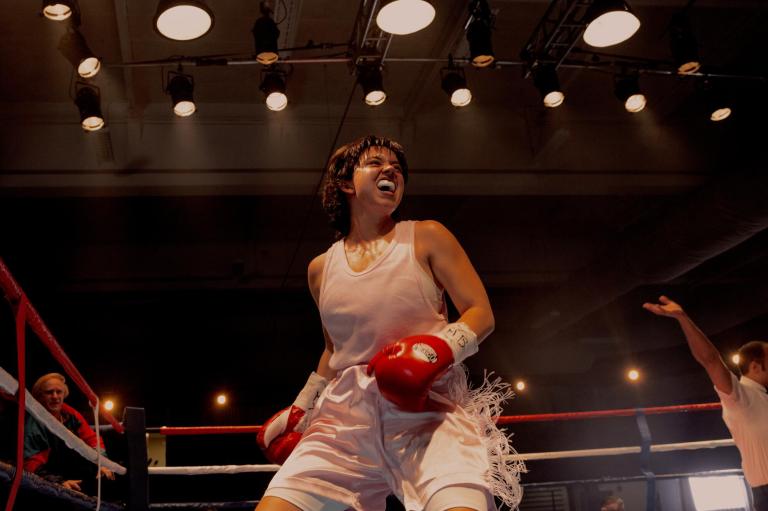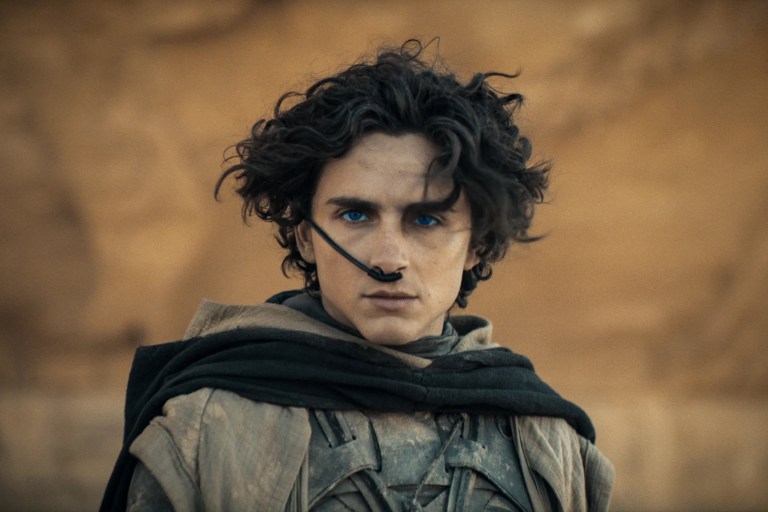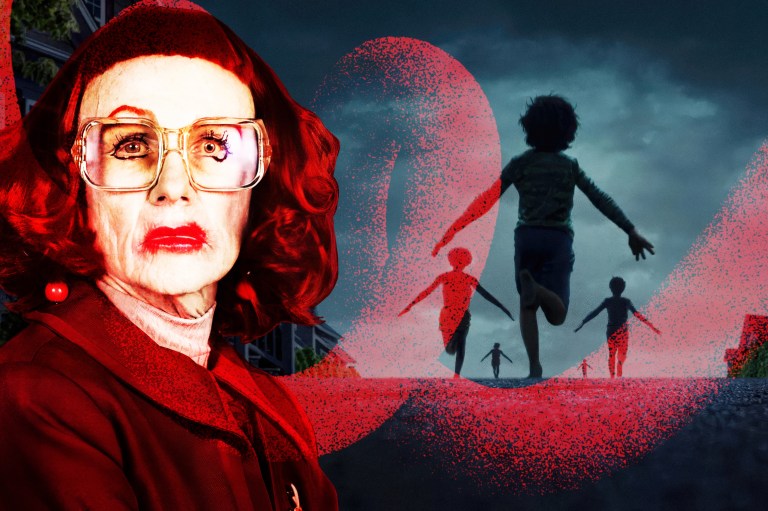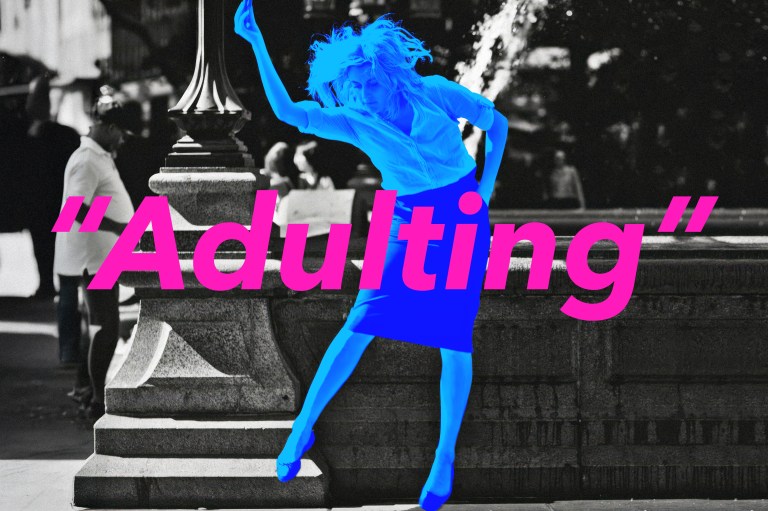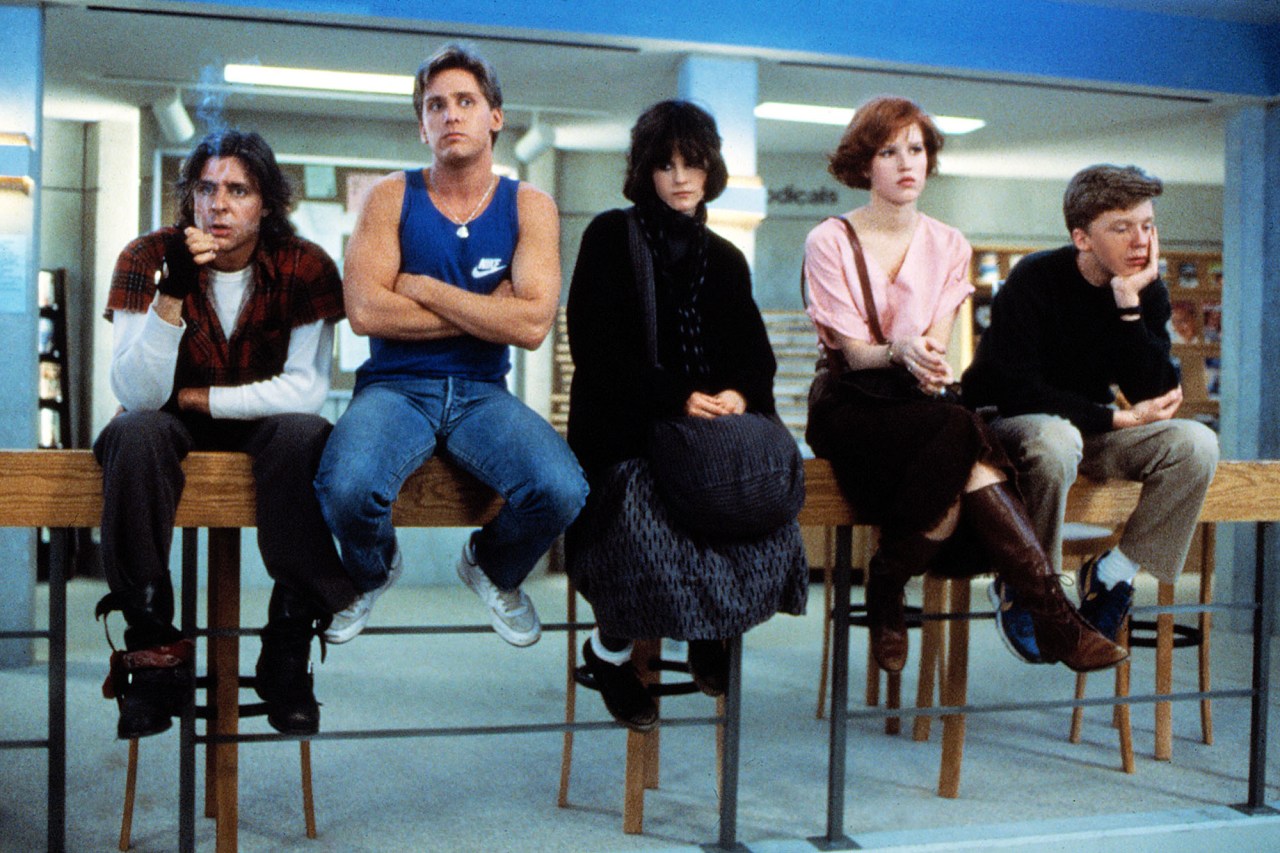
4 Lessons From ‘The Breakfast Club’ That Are Still Relevant In 2025
In 1985, The Breakfast Club made waves as John Hughes’ second directorial release.
When it was released, reviews were mixed as critics opined its philosophical musings as simply another movie about teenagers; 40 years later in 2025, The Breakfast Club is lauded as one of the best films of all time. Over the past four decades, it’s become the exemplary coming-of-age film and a perennial classic.
It’s rare for a film’s significance to grow over time, but The Breakfast Club achieves that, likely through its many lessons still relevant today. In a world where film and television producers are looking for a story more exciting than the last, a stripped-down film like The Breakfast Club would be nearly impossible to make today. But that’s why it’s so good—its lessons and characters have the power of timelessness. No matter where, when, or who you are, these four lessons from The Breakfast Club will always be a good reminder to be the best version of yourself you can be.
People are more complex than their labels.
Perhaps one of the biggest reasons The Breakfast Club has remained relevant is because of its most obvious lesson. John Hughes pulls together five teens who seem to fit into traditional character stereotypes: a nerd, a popular girl, a shy loner, a star athlete, and a bad boy. Films and other stories often rely on these stereotypes to craft and depict characters, typically leaning into the stereotypes as a way to provide less character development. But in The Breakfast Club, writer-director John pushes against the stereotypes to demonstrate how no person is simply the label given to them.
In 2025, it may seem like we are long past this, but teens and adults alike spend their time labeling peers. Conservative voters call liberal ones “snowflakes,” while liberal voters call anyone with a MAGA hat a racist misogynist. People often let surface actions or looks define their perception of a near-stranger — someone who posts edited photos regularly on Instagram may be judged as shallow; someone covered head-to-toe in tattoos may be judged as a hardcore rebel. But The Breakfast Club proves that people are more than they may seem. The tattoo-laden boy might have a soft spot for musical theater; the Instagram influencer could have a full-time job as a biologist. We never know what’s going on in the inner worlds of anyone we meet, and as the characters of The Breakfast Club learn this about one another, it brings them together. Could seeing past people’s labels in 2025 be the key to getting out of society’s anti-social rut?
Success in school (or work, sports, etc.) doesn’t guarantee fulfillment … and failure isn’t as bad as it seems.
A harsh lesson for any nerd, The Breakfast Club shows five different teens who are seeking soem sort of fulfillment in life. They all think the grass is greener — Molly Ringwald’s Claire seems to be a popular girl with few worries, but her parents use her as a pawn. She’s so preoccupied with upholding her reputation that she is still unhappy and insecure. Anthony Michael Hall’s Brian seems to be a straight-A student, but the pressure from his parents and one bad grade leave him contemplating suicide. Even Richard Vernon, the Vice Principal, is proof that a highly coveted position in work doesn’t fulfill him. In fact, he’s the furthest from any sort of enlightenment; he’s so strapped into the capitalist ideologies of law and order that he loses all sense of joy and empathy. The janitor, a position often looked down upon, is much happier.
The Breakfast Club is a formative film for many teens. Growing up a perfectionist “nerd,” the lesson that success doesn’t lead to fulfillment was arguably the most important. It’s easy to get caught up in the grind and lose sight of the parts of life that do bring fulfillment: love, friendship, and being true to ourselves. One day of detention isn’t going to ruin any of the characters’ lives, just like one failed assignment or one bad day at work isn’t the end of the world.
Escaping from our problems can’t solve them, but it can help us deal with them.
In many ways, every character in The Breakfast Club needed that day of detention. They were given a respite from parents and friends who caused stress as they were essentially able to escape into a bubble for the day. The film posits that connecting with others and talking about our problems can help us solve them. For anyone who advocates against “trauma bonding,” The Breakfast Club is the biggest adversary. By the end of the film, many of the characters have “overcome” their obstacles, but only temporarily.
Judd Nelson’s Bender gets the girl by showing he’s more than a criminal, but as he walks out of the school with his fist pumped in the air, he’s still heading home to an abusive father. The entire film itself is a piece of escapism as we see characters from different walks of life with different problems come together and finally get a win. But that doesn’t always happen in reality. It is nice to think about though, and if we can dream up better realities with our peers, we might be able to make at least some of it possible.
Stop worrying what others think and be your authentic self.
If there’s anything we should know by 2025, it’s that being your authentic self and connecting to who you truly are is the only way forward. If we spend our lives trying to fit in or please other people, we’ll never be happy or successful. The Breakfast Club characters all ended up in detention because of external pressures that drove them to act out, but if they had stood up for what they wanted, some of them wouldn’t have been forced to hang out at school on a Saturday. As they talk with one another, they learn that when they drop their pretenses, they form more genuine connections than the ones they’ve been forced into by people-pleasing.
It seems like with 40 years of loving The Breakfast Club, society should be far enough along that we don’t feel the need to put on facades. However, it feels like we’ve gone backwards. Social media has forced everyone to display some sort of pretense—the images we portray of ourselves on Instagram, TikTok, and other platforms feed into a narrative of fitting into societal norms. Of course, not everyone uses social media, but those that do it well are often disingenuous. Authenticity and social media rarely go hand in hand, pulling us further from ourselves, making it even harder to see a world in which connecting to who we are is the best way forward. But when we genuinely connect with our inner lives and our inner children, that’s when we feel like dancing down the hallways.
